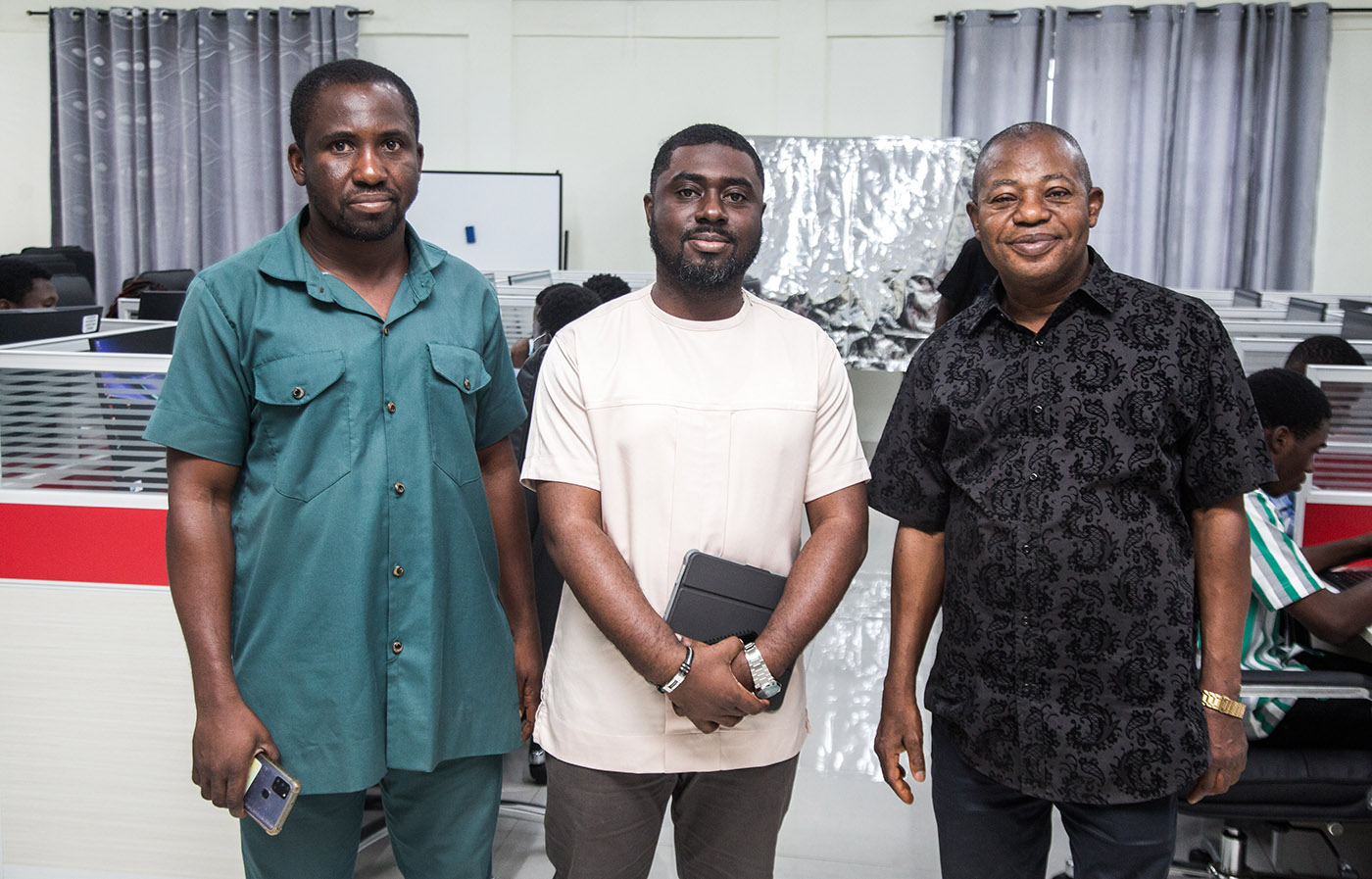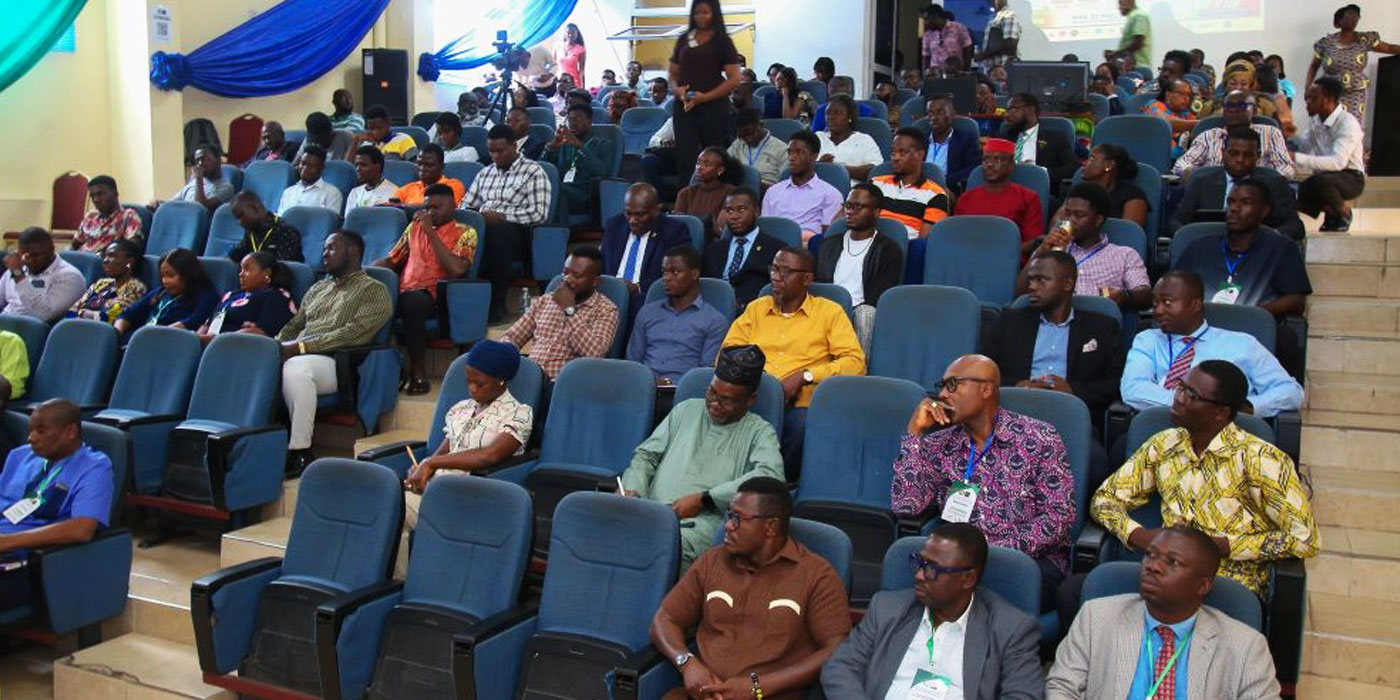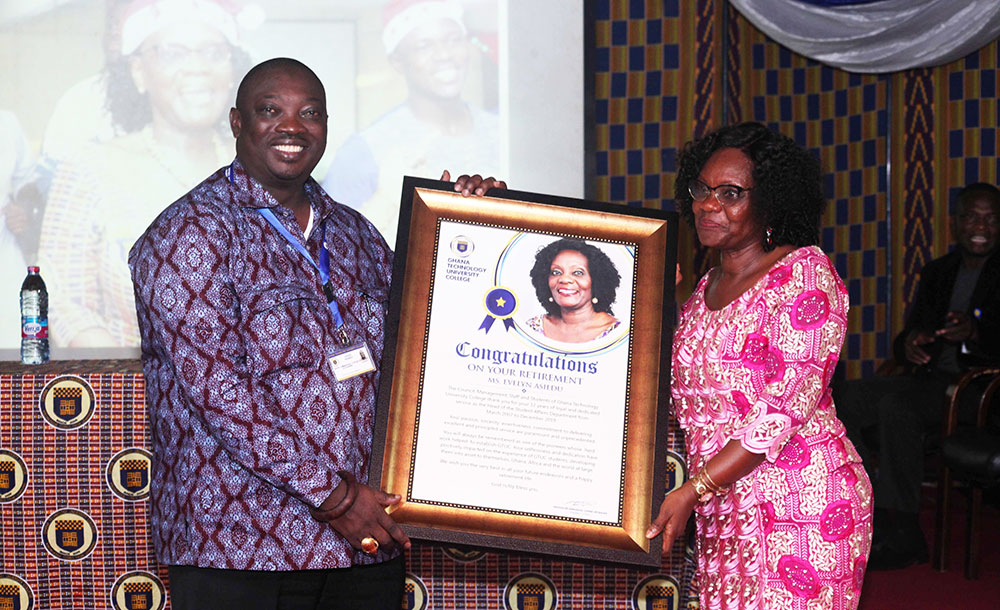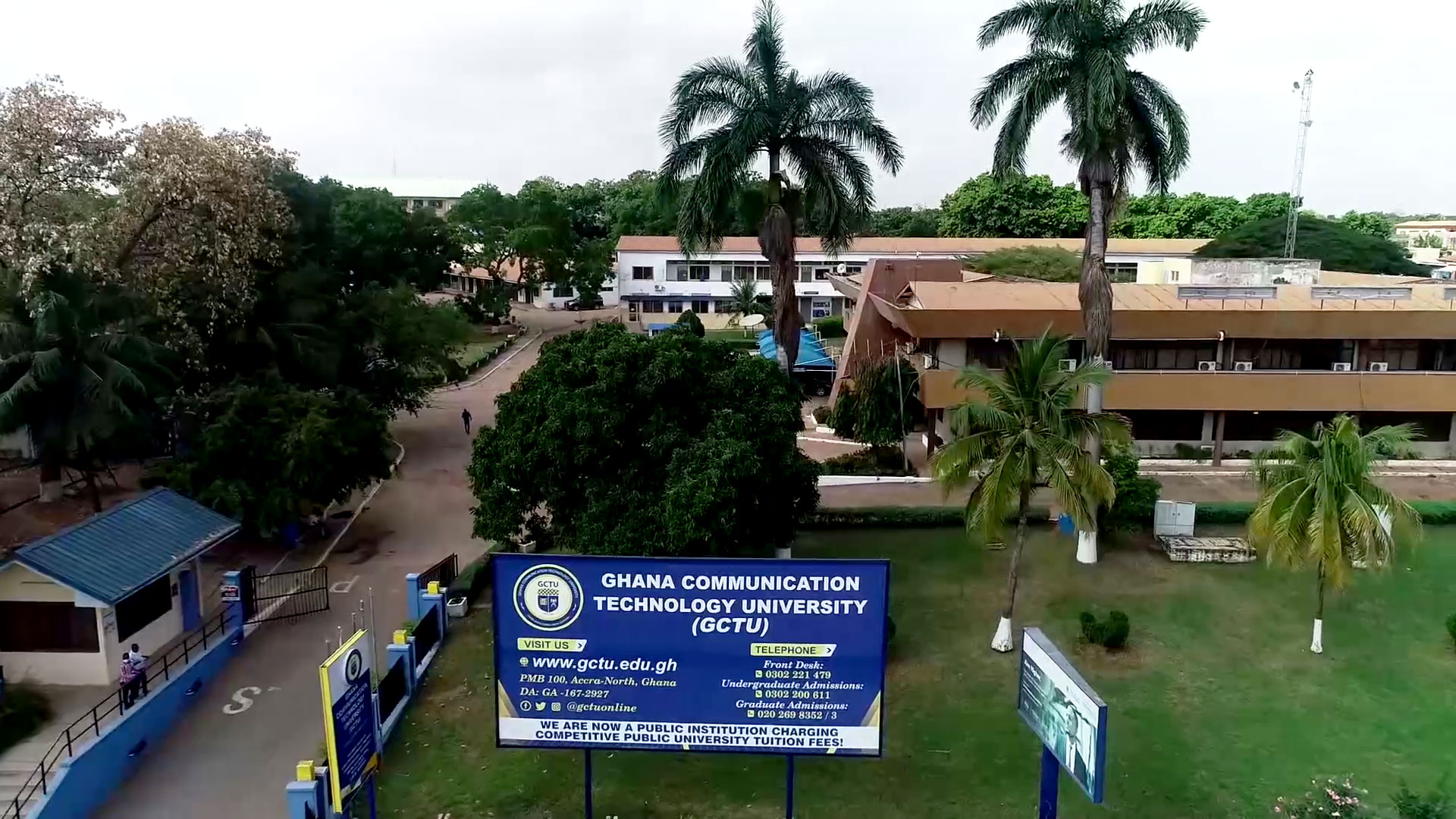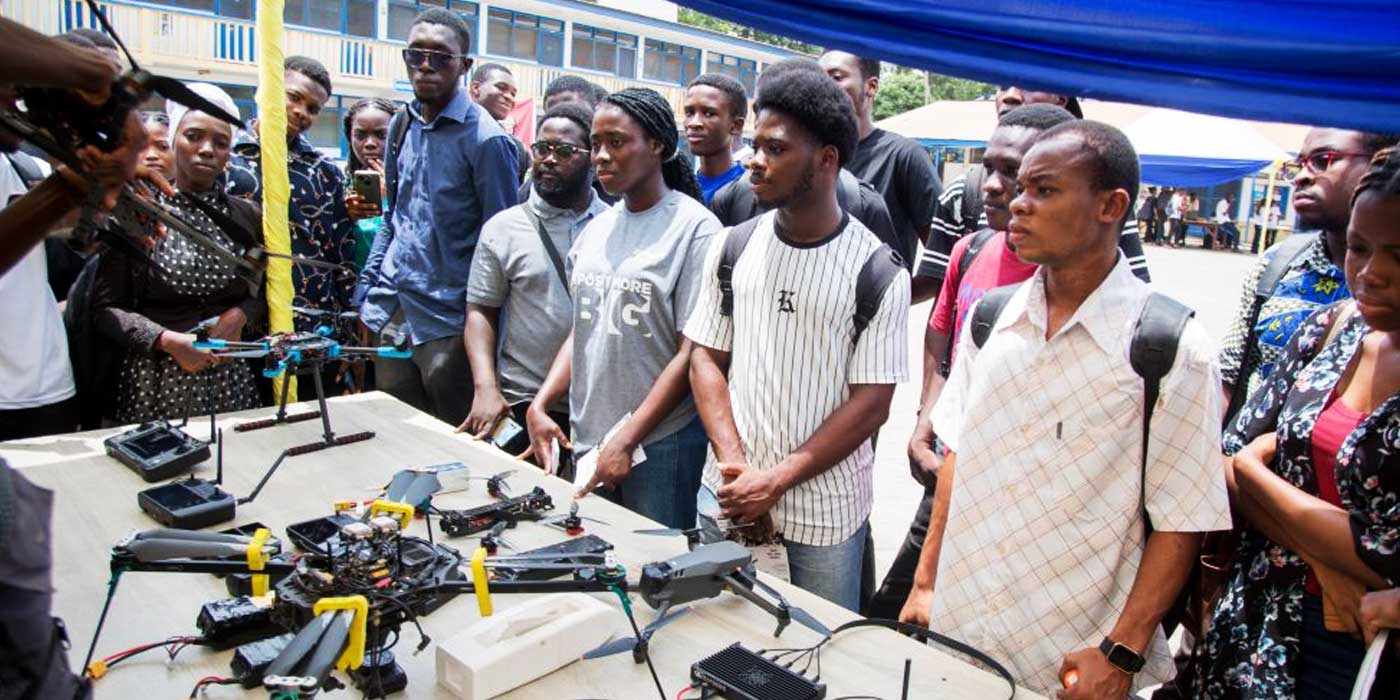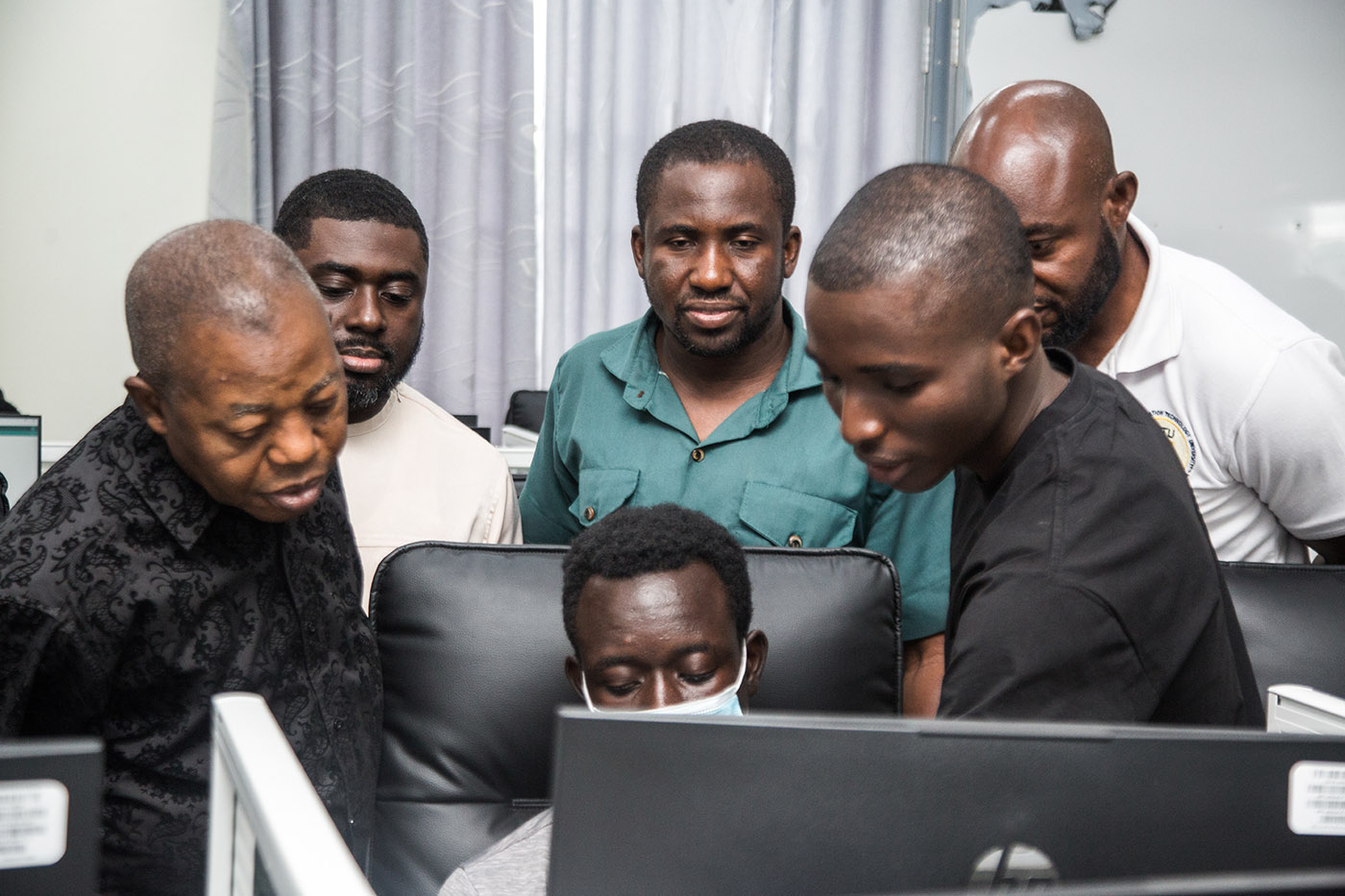
The Computer Engineering Department of the Faculty of Engineering at GCTU has conducted a notable practical end-of-second-semester examination for Level 100 students on Friday, 15th August 2025, at the Centre for Innovation, Technology Skills and Entrepreneurship Training (CITSET) Lab.
The exam, which incorporated a blend of theory with hands-on application, was designed to test the students’ skills in C++ using Arduino. This new shift from theory to practical examinations reflects the faculty’s commitment to producing industry-ready graduates in line with the University’s Silicon Valley vision.
The examination was witnessed by the Acting Pro Vice-Chancellor, Prof. Ebenezer Malcalm, who represented the Vice-Chancellor, Prof. Emmanuel Ohene Afoakwa. Prof. Malcalm commended the initiative, noting that the exercise embodied GCTU’s strategic aim to become Ghana’s hub for technological innovation.
“What I’ve seen here is very impressive. These young men and women are not only learning programming languages but applying them to unify systems and solve real problems. This is the kind of hands-on experience we need in this era of artificial intelligence,” he said.
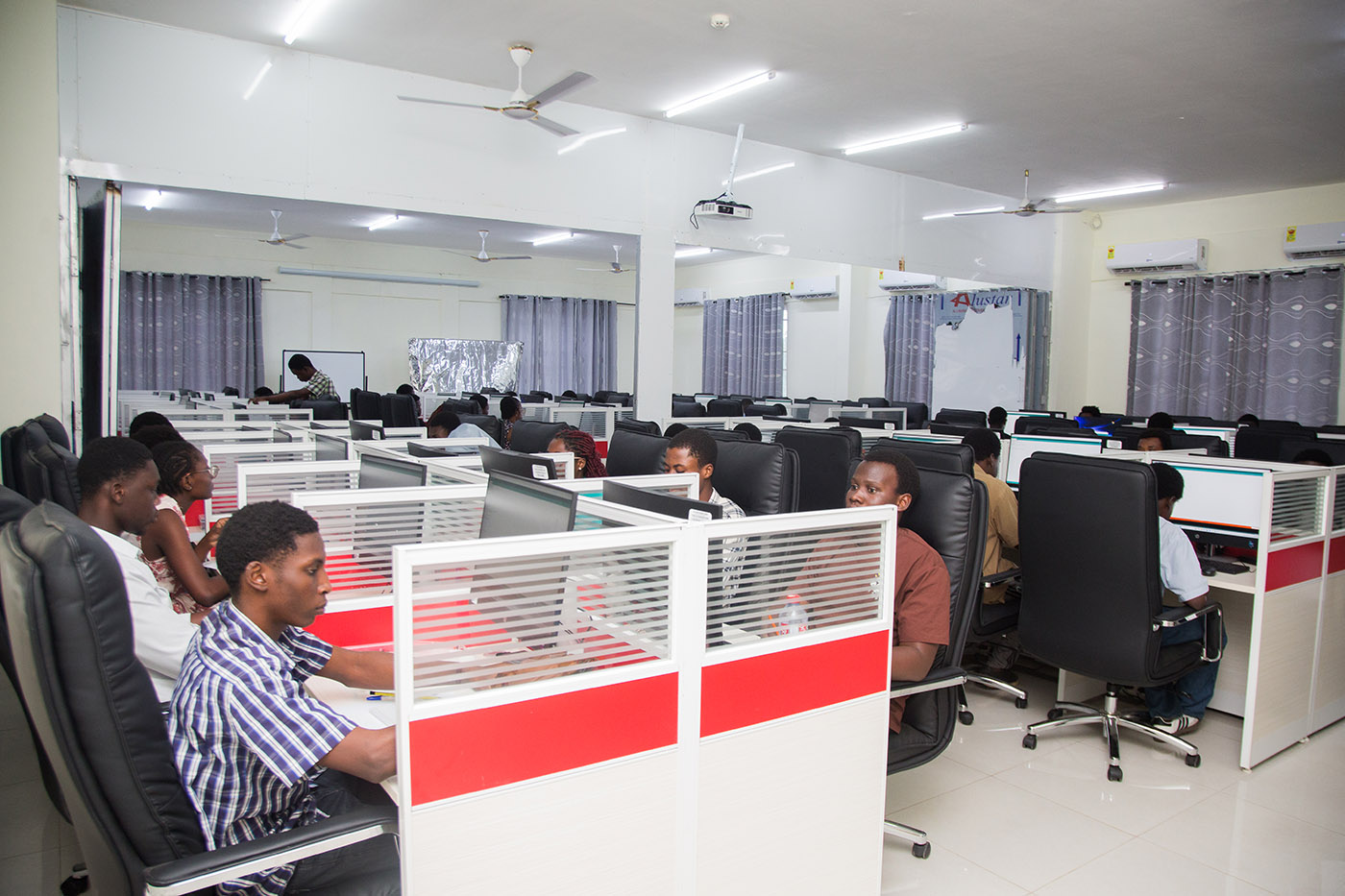
He also praised the high female participation in the C++ programme, highlighting that the Department is helping bridge the gender gap in Computer Engineering. Prof. Malcalm further emphasized that state-of-the-art laboratories, like the CITSET lab used for the exam, would be accessible across Departments in the near future to maximize student learning.
The Acting Pro VC had words of encouragement for the students, calling GCTU “the Silicon Valley of Ghana” and urging students to take pride in their practical training.
The Head of Department of Computer Science, Dr. Samuel Danso, elaborated on the academic pathway designed for Computer Engineering students. He explained that the students began with C programming in their first semester and progressed to C++ with Arduino in the second, and eventually, they will move to Python with Raspberry Pi, robotics, and AI integration by their final year.
“Our goal is to ensure that students can identify real industry problems and build solutions. By Level 400, they will be developing autonomous systems, robotics and industrial automation tools,” he noted.
A Lecturer and Exams Officer of the Department, Dr. Isaac Osei Nyantakyi, explained that the practical component enables students to demonstrate their creativity and problem-solving skills.
“We want to see imagination, the ability to approach a problem from different perspectives and still arrive at effective solutions. That is the essence of engineering,” he said.
The Department’s strategy has also been instrumental in attracting more female students. By integrating hardware-based projects into programming courses, concepts become clearer and easier to grasp, helping students build confidence in the field.
With improved logistics and expanded lab facilities under construction, the University aims to position its graduates at the forefront of Ghana’s digital transformation.
